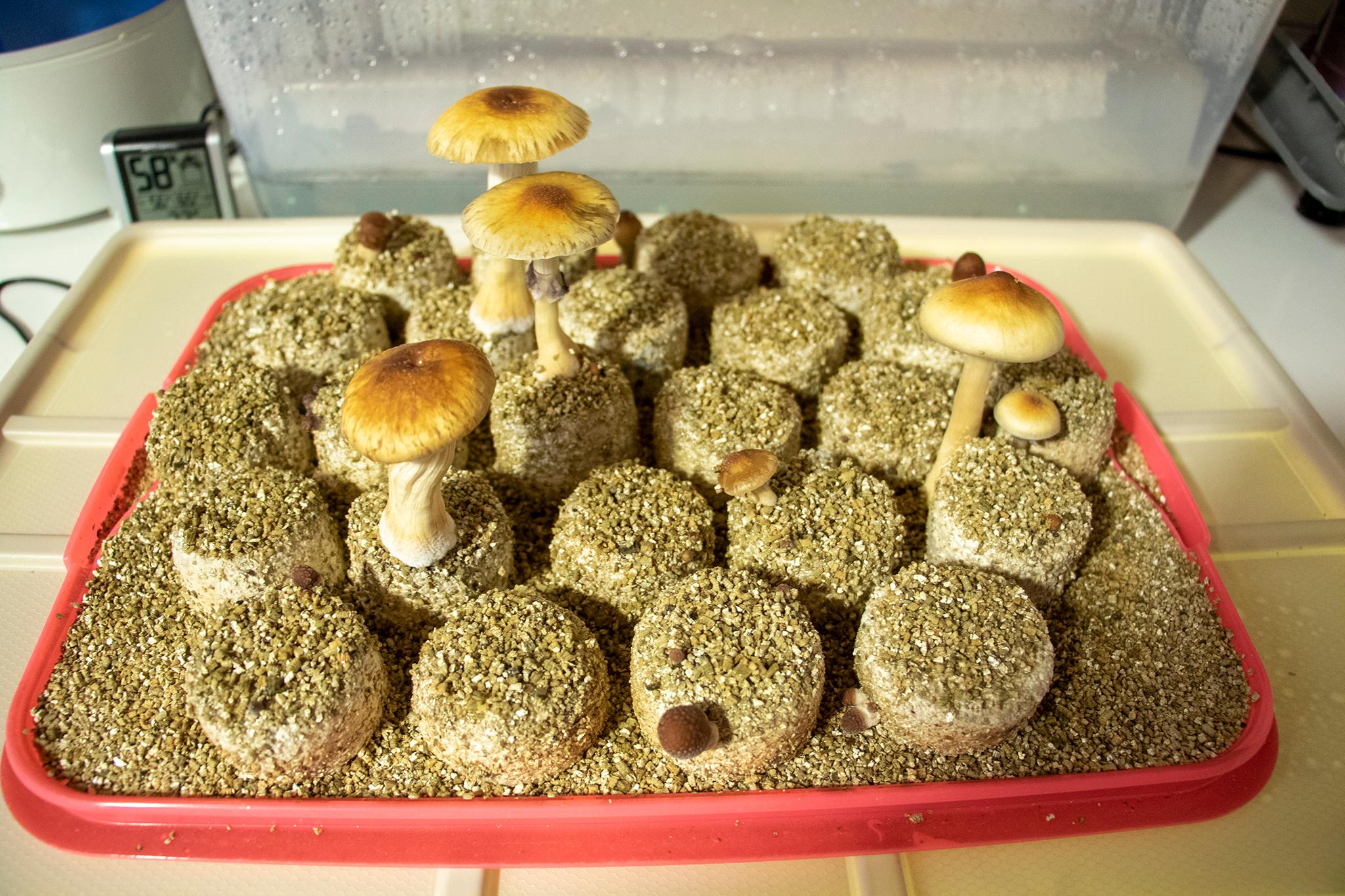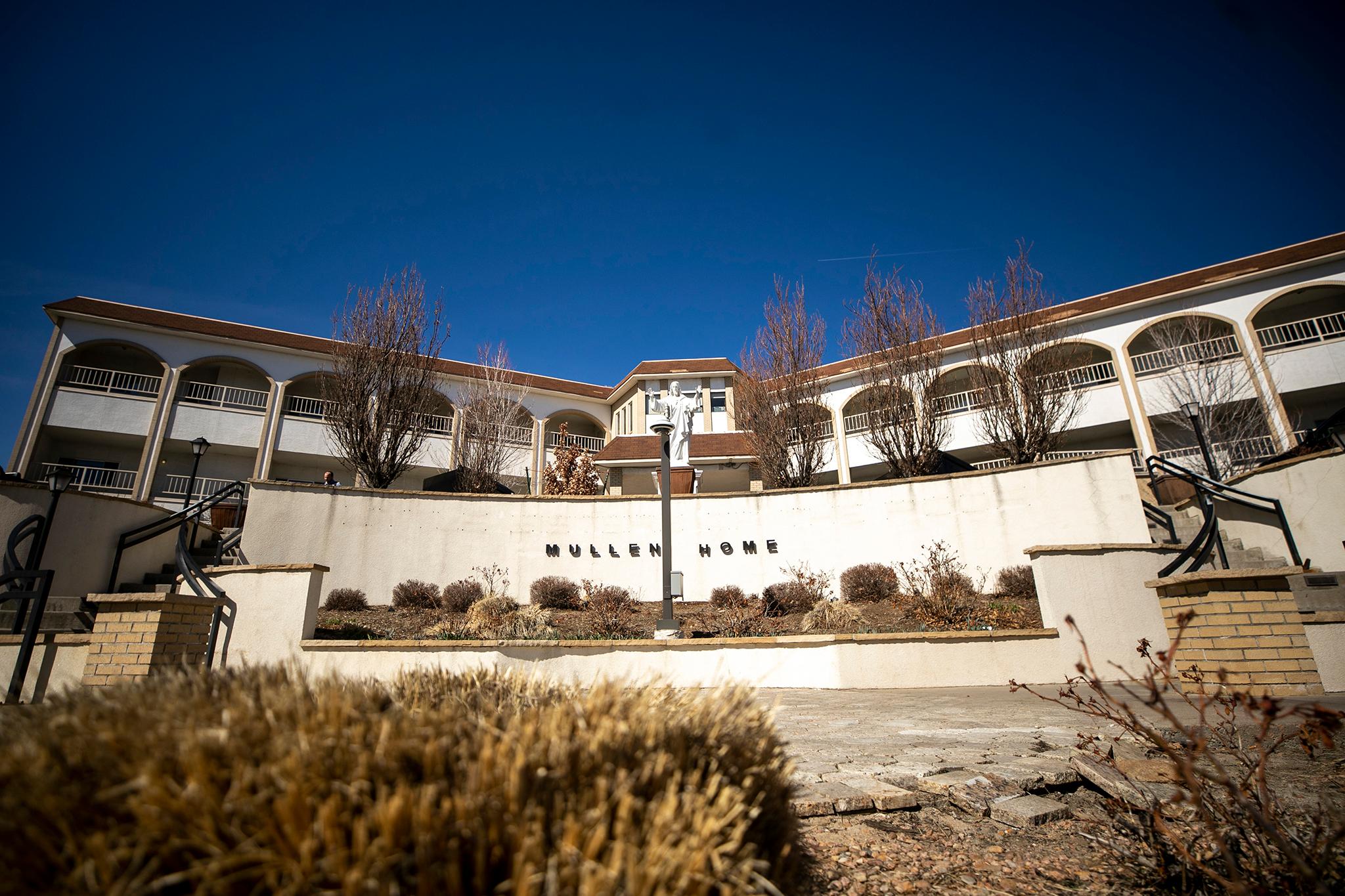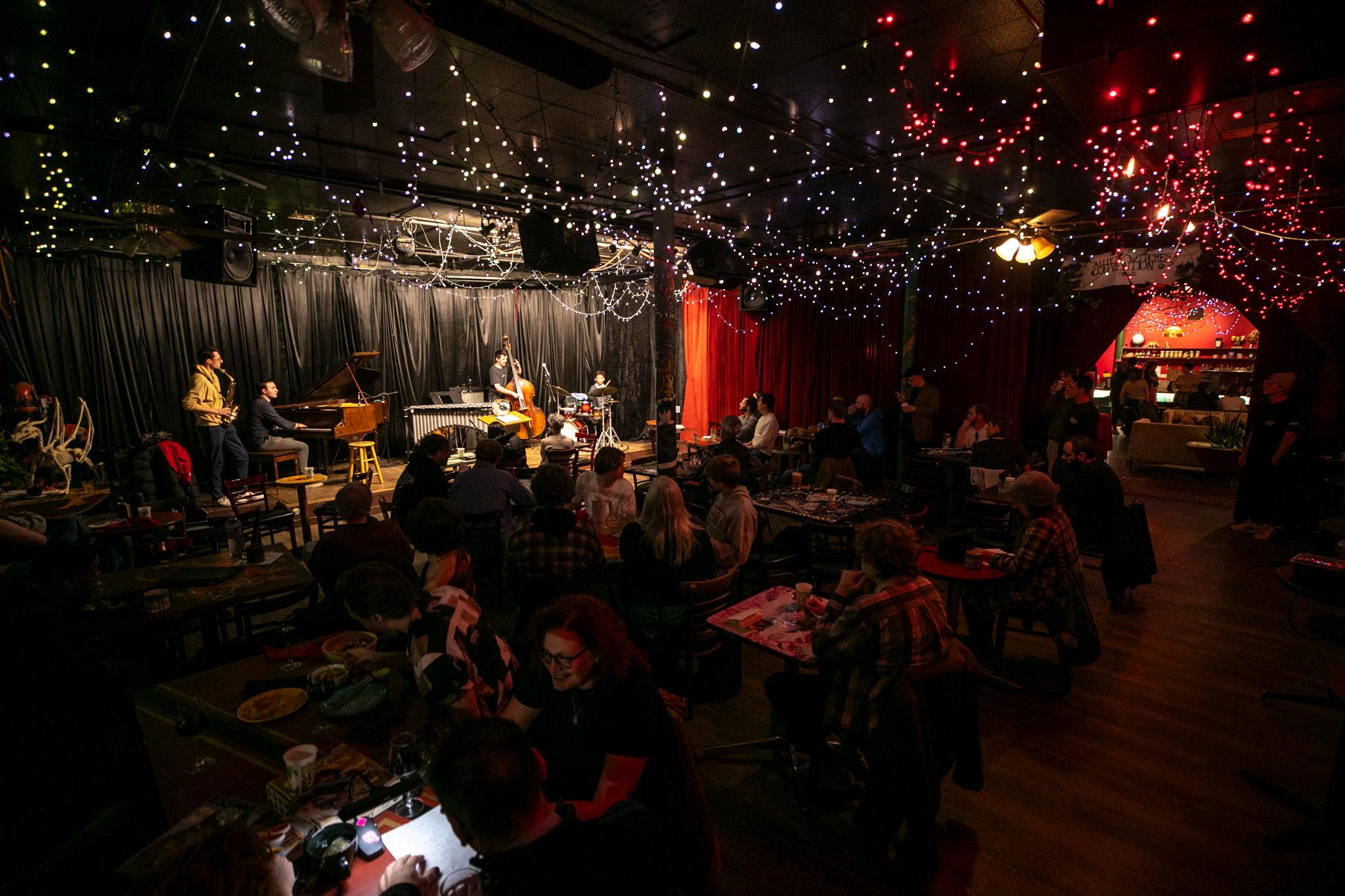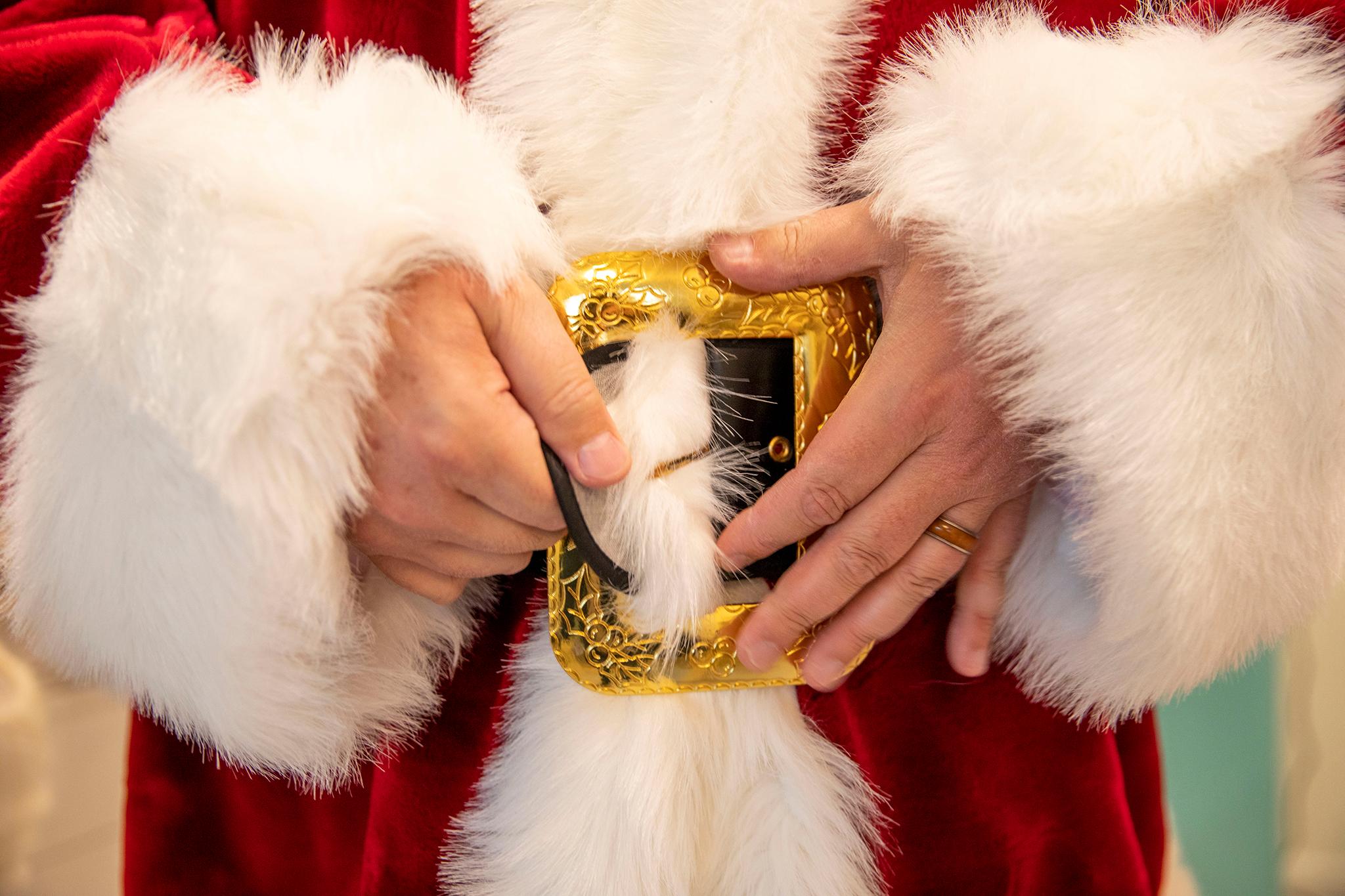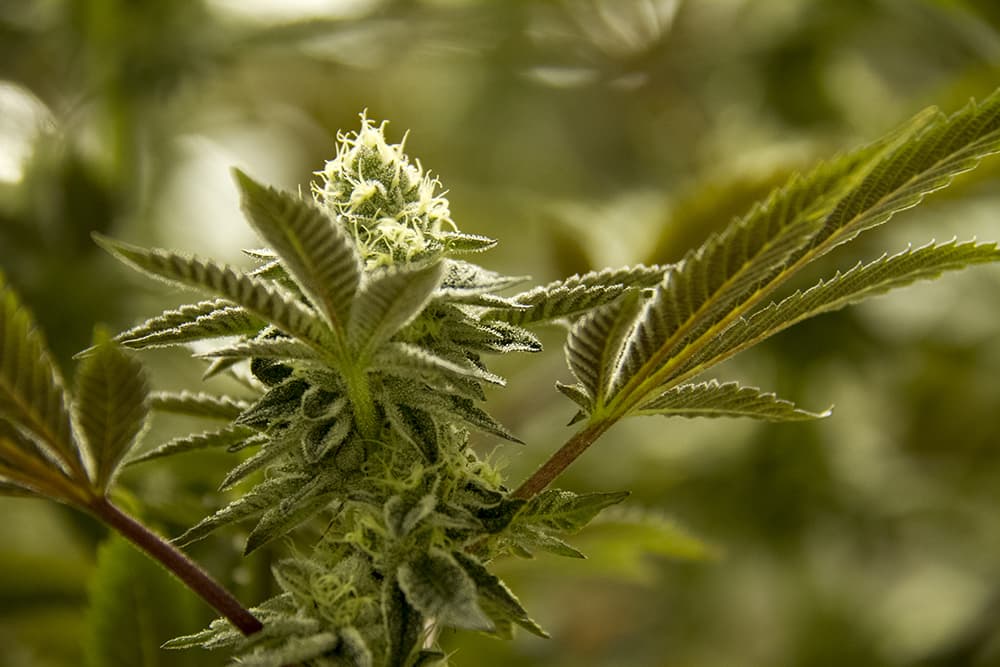
Close your eyes, breathe deep and imagine the smell of Denver.
It's pot, isn't it?
Which makes sense -- in the period from 2012 to 2016, the most commonly identifiable odors that Denver complained about were pet food processing and marijuana odors.
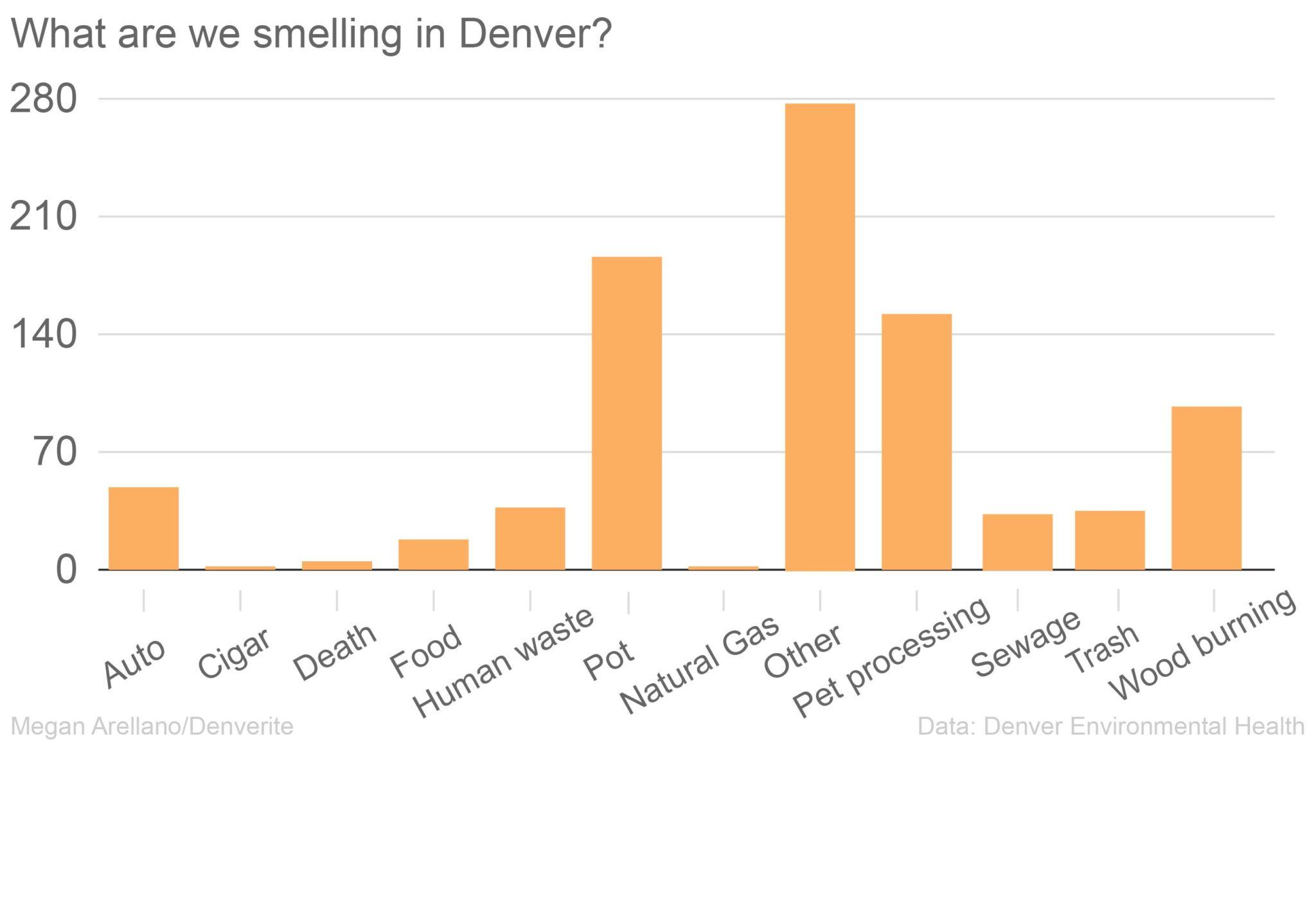
Denver has been trying for years to address its smells. But it's a really tricky thing to pin down. For one, you have the weather:
"The wind shifts a little bit and then the odors change," explained Denver Environmental Health Spokesperson Kerra Jones. "Sometimes we'll get complaints about manufacturing plants up in Greeley. If you have the right kind of wind or if a storm comes through, we'll get complaints based on those."
And then there's the fact that people will complain about any smell. Like even the smell of barbecue.
What are people complaining about smelling near you?
Starting in January, there will be a new attempt to reign in the odors: Facilities like marijuana businesses, pet food manufacturing plants and more will need to have an odor control plan in place to keep them from stinking up their neighbors.
That includes the infamous Purina plant, the third-most complained about business in Denver over the past few years. Businesses No. 1 and No. 2 are now closed, so Purina's moving up in the rankings.
In fact, the most complained-about business, a pig ear processing facility in RiNo, began to see more and more odor complaints as the tide of development began to wash over the area and bring new condos. Now the owner has sold off the properties in the area. Is Purina worried about being pushed out by development?
"With all the plans for development and enhancement for the area, we’re excited and optimistic about the future of this community and are committed to remaining a pillar of support in the future," Thomas said.
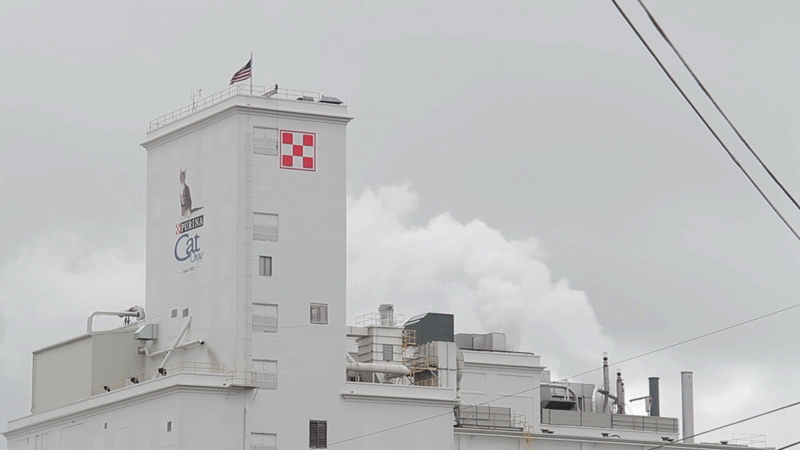
Of course, there's also the "significant investments" made in recent years "to install equipment to help mitigate aromas." Purina plans to continue making these investments, Thomas said.
Those aren't cheap investments either. Richard Post, co-founder of Il Vicino, knows a little bit about that.
From the outset, their Washington Park pizza restaurant was besieged with complaints about the smells and smoke emitted from its wood-burning oven. Later in the same year, they left.
And Post says they tried to fix the issues too:
"We relocated things. We raised the height of our scaffolding, we raised the height of our stack. We did everything we thought we could," he said. "And then the only other alternative was totally crazy. It was something like $50,000 or $75,000 scrubbers that they put in steel mills. And we were like, 'That's not going to happen.'"
Post says they've never had pushback like in Washington Park.
"Can we say that because of those complaints that drove us out of business? Realistically, I don't know. But it certainly didn't help."
Now the legacy of their restaurant would seem to be just that it made Washington Park the second-most smelly neighborhood from 2012 to 2016.
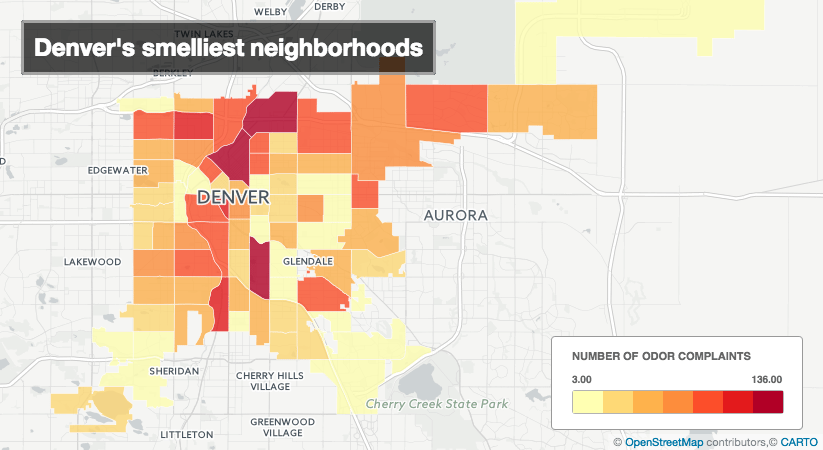
That surprised me -- I expected Elyria-Swansea, with its proximity to both marijuana cultivation and pet processing to rank higher than any other neighborhood in the city. Instead, it had only the third-most complaints.
Of course, the number of complaints is not an objective measurement of smell particles in the air. Long term Elyria-Swansea resident Shirley Valentine offered an explanation:
"I think we've gotten used to it. It's just like the trains and everything else. I'm to a point where I don't even notice it anymore," she said.
Since her family has been living in the neighborhood since 1906, she says it's actually not so bad. But it does have its impacts on the neighborhood:
"We don't sit outside much. It isn't bothering me as much as it is the younger people who like to grill outside or be outdoors," she said. "I think neighbors would be more sociable if they could get out more in their yard and visit with neighbors."
Valentine expects the smells probably won't change until development makes its way to her neighborhood.

